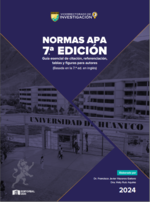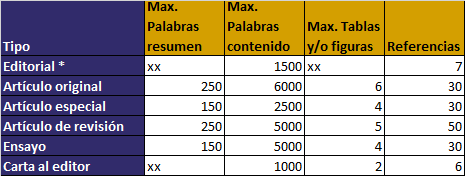Virtual literary gathering as a strategy to improve school coexistence
DOI:
https://doi.org/10.37711/desafios.2021.12.1.268Keywords:
coexistence, social gathering, learning, students, readingAbstract
Objective. The main objective of this study is to design a virtual literary gathering strategy to improve school coexistence at the Mallaritos Educational Institution, responding to a problem of the population under study. Methods. A non-experimental design was used for this research, which was applied in a cross-sectional manner. A questionnaire with 22 items divided into four dimensions was also applied: interpersonal relationships, democratic discipline, relationship with the context and cyberbehavior, applied to a sample of 43 students in the fourth grade of high school. The validity of the instruments was assessed under three aspects: criterion validity, construct validity and content validity determined through the judgment of experts. These experts rated the pertinence and relevance of the instrument. Reliability was measured through Cronbach's and McDonald's test, where 0.952 was obtained in both results. Results. The findings were unfavorable in terms of the variable under study, the low and medium levels of 30% and 42%, respectively, were obtained, which is why the proposed objective. Conclusions. It is concluded that it is necessary to apply a virtual literary gathering strategy that allows the improvement of school coexistence in this institution because it is necessary for learning in a collaborative environment.Downloads
Published
How to Cite
Issue
Section
License
Copyright (c) 2021 Gely Coraly Martinez-Ubillús, Gilberto Carrión-Barco

This work is licensed under a Creative Commons Attribution 4.0 International License.
a. Los autores conservan los derechos de propiedad intelectual (copyright) de las obras publicadas, cediendole a la revista el derecho de primera publicación.
b. Los autores retienen sus derechos de marca y patente, y también sobre cualquier proceso o procedimiento descrito en el artículo.
c. Los autores retienen el derecho de compartir, copiar, distribuir, ejecutar y comunicar públicamente el artículo publicado en la RD (por ejemplo, colocarlo en un repositorio institucional o publicarlo en un libro), con un reconocimiento de su publicación inicial en la RD.
d. Los autores retienen el derecho a hacer una posterior publicación de su trabajo, de utilizar el artículo o cualquier parte de aquel (por ejemplo: una compilación de sus trabajos, notas para conferencias, tesis, o para un libro), siempre que indiquen la fuente de publicación (autores del trabajo, revista, volumen, número y fecha).
























